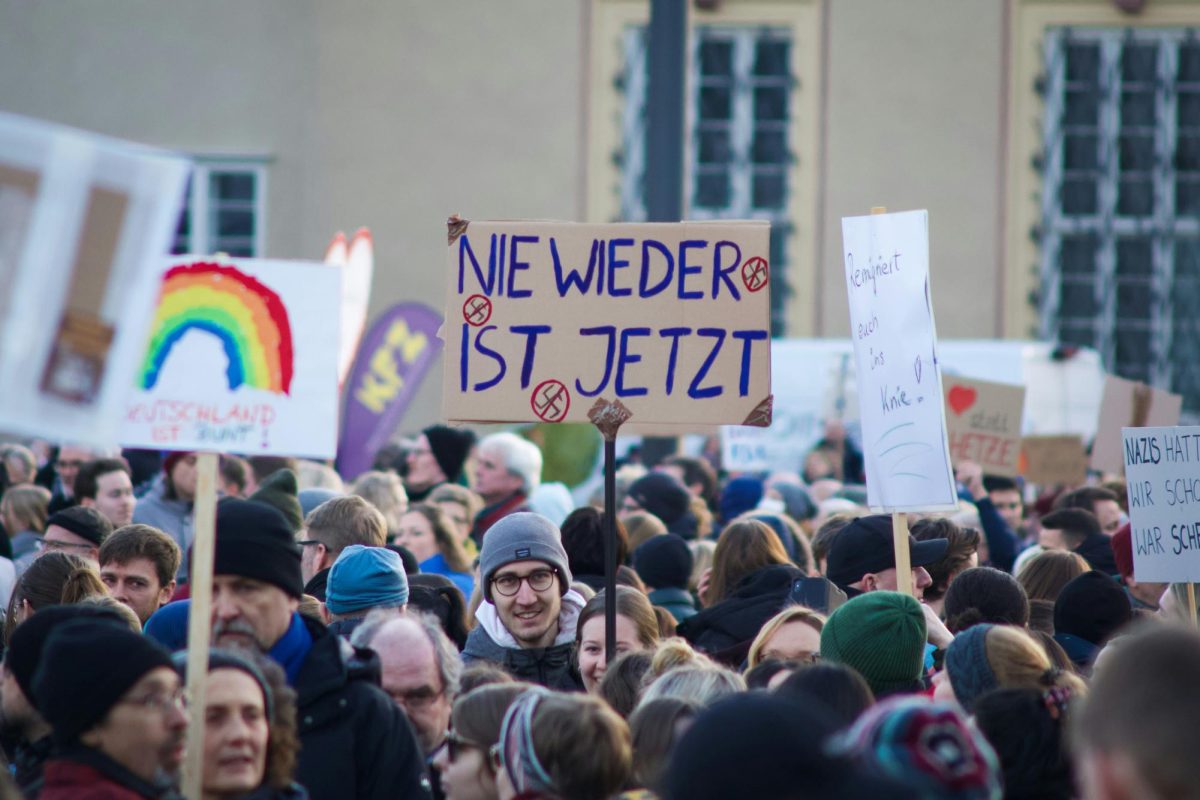As of May 2024, three states in Germany have officially banned the use of all gender-inclusive language in various contexts.
After the German state of Saxony initiated a total ban on gender-sensitive language in universities and schools, the state of Bavaria then followed suit in March 2024, with the same law and an additional prohibition on such language in Bavaria’s authorities.
Just last month, Hesse issued this same regulation with an official ban in only the state’s administration [1].
‘Gender-sensitive language’ in German
Like other European languages, the German language employs distinct masculine and feminine versions of certain nouns. Traditionally, the masculine plural form was used to encompass all genders. For instance, “Chef” refers to a male director, while “Chefin” represents a female director. The corresponding plural forms are “Chefs” and “Chefinnen,” with “Chefs” historically used to signify “directors” in general, not exclusively male directors.
However, some argue that the grammatically masculine “Chefs” inherently excludes female directors and individuals with non-traditional gender identities. As a result, they advocate for a ‘gender-neutral’ solution: combining masculine and feminine forms with a symbol like an asterisk, slash, colon, underscore, or internal capital letter. This creates alternatives such as Chef*innen, Chef/innen, Chef:innen, Chef_innen, or ChefInnen. Another option without using a symbol is to include both forms separated by “and,” resulting in “Chefs und Chefinnen.”
Because of the complicated nature of the German language, the regional governments of Saxony, Bavaria, and Hesse have mandated all the relevant groups to follow the official German spelling rules, which do not accommodate for such inclusive language.
Despite such widespread bans, it is uncertain exactly what punishments will be in place for rebellious gender language users and how these new rules will be enforced on a daily basis.
Political context and public reactions
Bavarian minister Florian Herrmann, of the Christian Social Union (CSU) party, emphasized that this decision is essential: “For us, the message is: language must be clear and understandable,” Herrmann said. “But it is also about keeping the space open for discourse in a liberal society.” [2].
Hesse’s state minister has announced that this law has been enacted out of simplicity, as a way to simplify the German language: “Citizen-oriented administration requires a uniform and understandable language.” [3]
And, these opinions seem to represent a large majority – survey results show that roughly “three-quarters of Germans reject gender-neutral language in its various forms” [4].
However, due to the political context of such decisions, they have sparked much controversy.
Similarly, strong opposition to this prohibition has come from a diverse range of groups, including the Greens political party, political alliances within universities, trade unions, queer associations, and the Federal Students’ Conference.
In parallel, Germany’s Federal Anti-Discrimination Agency (FADA) issued a warning that this ban “is a step backward into the last century”. The Federal Commissioner for Anti-Discrimination, Ferda Ataman, proclaimed in a statement that states “should promote respect and tolerance, not prohibit it,” due to the “constitutionally problematic” nature of these bans. Ataman further condemns these bans as serving “a culture war on the backs of minorities” [5].
On the other hand, many Bavarian critics state that this ban on gender-sensitive language is a “clear case of dog-whistle politics” – a mere strategic move [6]. In this case, they allude to how the governments of Saxony, Bavaria and Hesse, which are all ruled by conservative parties, have only enacted such laws in an attempt to solidify support from its conservative base by promoting traditional values.






